Snow Centre for Immune Health Advisory Committee
To help support and guide the Snow Centre for Immune Health, the Provisional Science and Technical Advisory Committee (the Committee) provides independent advice to Snow Medical and WEHI on matters relating to the operation and strategic scientific direction of the Snow Centre for Immune Health.
The PSTAC is chaired by Professor Sir John Savill.
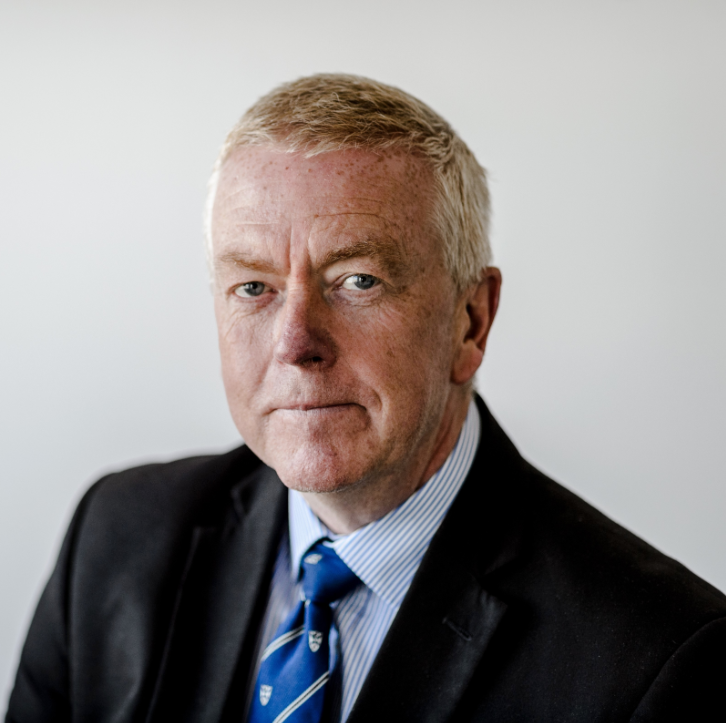
Professor Sir John Savill FRCP FAHMS FRS | Chair
Professor Sir John is the executive director of the Melbourne Academic Centre for Health (July 2019-present) after having served as an honorary consultant in renal and acute medicine in the UK (1990-2018) and is a member of WEHI Board (pro bono) since 2018.
In 2000 he established the Medical Research Council (MRC) Centre for Inflammation Research in Edinburgh as inaugural director retiring in 2023. Professor Sir John served as Vice-Principal and Head of the College of Medicine and Veterinary Medicine at the University of Edinburgh (2002-17) and was appointed to the Regius Chair of Medical Science in 2017. He was Chief Scientist in the Scottish Government Health Directorates (2008-10) and Chief Executive of the UK Medical Research Council (2010-18), having previously served as a member of MRC Council and research board chair (2002-08).
Professor Sir John’s work has been recognised by fellowships of the Royal Colleges of Physicians of London and Edinburgh, the Australian Academy of Health and Medical Sciences, the American Society of Nephrology, The Royal Society of Edinburgh, The Royal Society and honorary fellowships from the Royal College of Surgeons of Edinburgh and the Royal College of Paediatrics and Child Health. He was knighted in the 2008 New Year’s Honours List for services to clinical science.
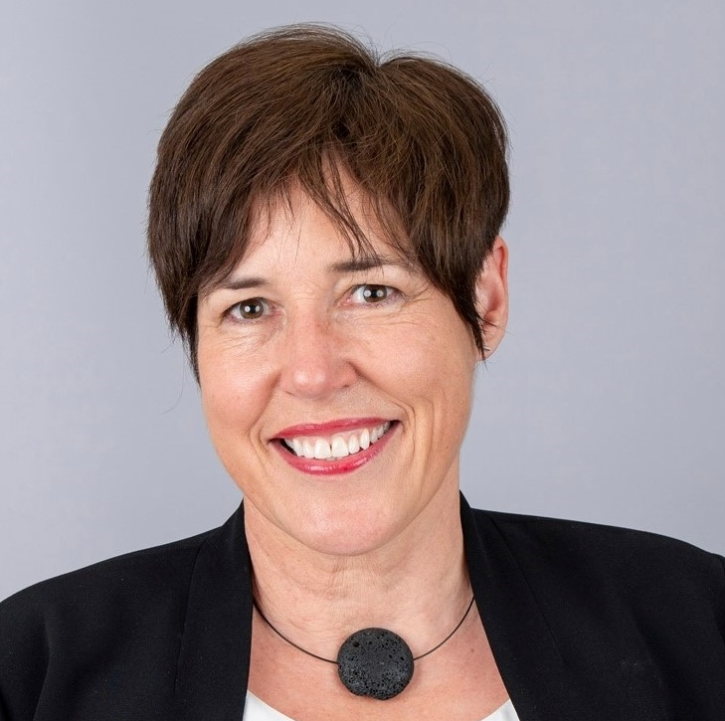
Professor Clara Gaff PhD FHGSA | Deputy Chair
Professor Clara Gaff is the Executive Director of Melbourne Genomics Health Alliance, a twelve year change program funded by the Victorian Department of Health and ten collaborating member organisations (leading hospitals, academic and research organisations). Clara has been at the forefront of introducing genetic innovation into health services since the beginning of her career. She leads a diverse portfolio of education, genomic information, and research activities, successfully accelerating the implementation of genomics into the health system.
Under her leadership, the Melbourne Genomics Health Alliance provided the first real-time evidence for genomics in patient care, informed state and federal funding for genomic tests, produced internationally-adopted education resources, and commercialised a world-leading clinical genomic data management platform.
An experienced genetic counsellor, Clara has contributed internationally to ethical and responsible policy, practice and public engagement. She has served on national and international advisory committees on health translation, ethics and genomics, for bodies such as the National Health and Medical Research, Global Alliance for Genomics and Health (GA4GH) and Genome Canada.
Professor Gaff undertook her PhD research at the Walter and Eliza Hall Institute and postdoctoral research at the Murdoch Children’s Research Institute. She holds postgraduate qualifications in health service research and evaluation, is a registered Genetic Counsellor and has an honorary appointment at the University of Melbourne. She established the Royal Melbourne Hospital Familial Cancer Centre with oncology colleagues. Her international leadership has been recognised by the National Society of Genetic Counsellors (USA).
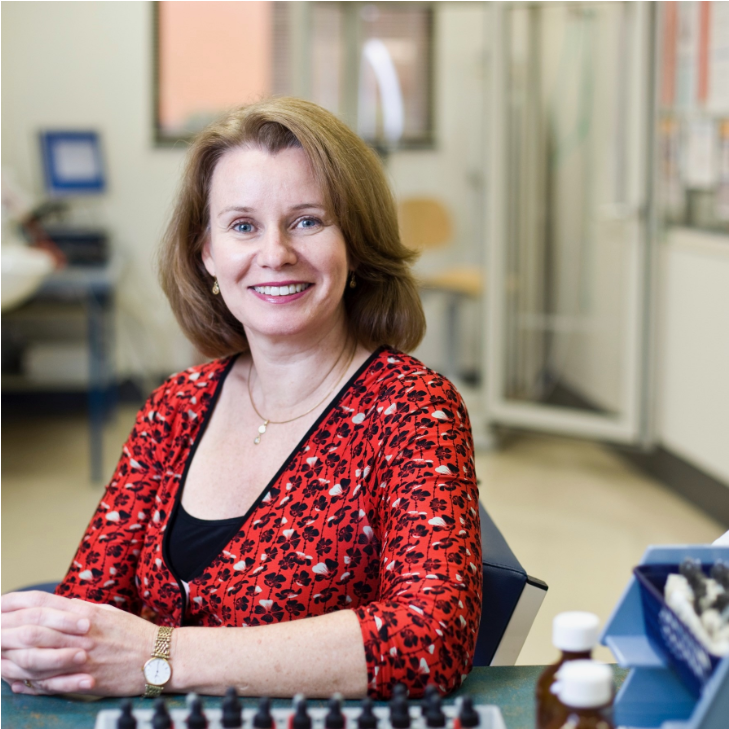
Professor Dianne Campbell MBBS PhD FRACP | Royal Melbourne Hospital nominated member
Professor Dianne Campbell is an academic Paediatric Immunologist. She has over 28 years years of experience in the diagnosis and management of children with allergic disease, with a focus on clinical research in paediatric food allergy.
She undertook her medical degree at the University of Sydney, PhD at the University of Melbourne and postdoctoral fellowship at Stanford University, before returning to the Children’s Hospital at Westmead and Sydney University.
She served as Chair of Allergy and Clinical Immunology at the Children's Hospital Westmead/ Sydney University (2010-2019), was Chair of the Paediatric Subcommittee for Australian Society for Clinical Allergy and Immunology (2010-2016) and is current lead of the National Allergy Centre of Excellence Training & Innovation Hub (2023-2026). She is currently an Adjunct Professor (Sydney University) and an honorary Senior Staff Specialist (Children’s hospital at Westmead) and works part time in biotechnology (DBV-Technologies).
She is an author of over 150 peer-reviewed manuscripts and has a current h-index of 48. She has extensive experience with clinical cohort and RCT studies in children with allergic disease, is a Chief Investigator in the NHMRC Centre of Research Excellence (CFAR 3) and has been/is a Chief Investigator in multiple NHMRC funded clinical trials.
She has played major roles in the creation of Australian national prevention of food allergy guidelines, standardisation of food challenges and anaphylaxis education and training for schools and childcare. She is an associate editor for Clinical and Experimental Allergy, and an invited reviewer across all major Allergy journals, other generalist high impact journals and many national and international grant bodies and agencies.
Professor Campbell has also extensive experience in curriculum design, teaching and assessment and higher degree supervision, serving as the Head of Paediatrics and Child Health, Sydney Medical School, University of Sydney (2011-2015) and supervising many allergy and immunology advanced trainees, Masters and PhD students.
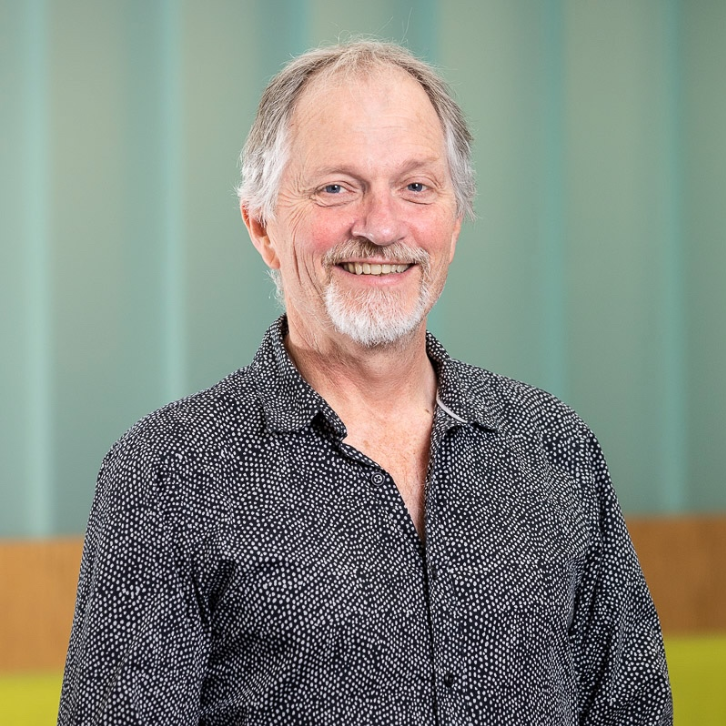
Professor David Tarlinton | WEHI Representative
David is a BSc from the University of Sydney and PhD from Stanford University, supervised by Len and Lee Herzenberg. He was by post-doctoral fellow with Klaus Rajewsky in Cologne and Gus Nossal at the Walter and Eliza Hall Institute (WEHI) in Melbourne, Australia. David was appointed Laboratory Head at WEHI in 1997, a position he held till 2016 when he was appointed Professor and Head of Department of Immunology at Monash University, located at the Alfred Hospital, a position he continues to hold. David has supported by fellowships and grants continuously from the National Health and Medical Research Council (NHMRC) from 1997.
David has been President (2011-2012) of the Australian and New Zealand Society for Immunology (ASI), recipient of the Lupus Research Institute (USA) Distinguished Innovator Award (2013), of the Australian Museum Eureka Prize for Scientific Research (2014), the ASI Jacques Miller Senior Travel Award (2014) and is a Life Member of Clare Hall, University of Cambridge (2015). He has published over 190 research papers, reviews and commentaries, and supervised a number of PhD students and research fellows.
David’s research work throughout his career has focused on the development and differentiation of lymphocytes, particularly B cells during immune responses and autoimmune diseases. He has focussed recently on the formation and persistence of immune memory and on the mechanisms of cell differentiation and survival during and after immune challenges, results that have implications for vaccination, autoimmune diseases and cancer of immune cells.
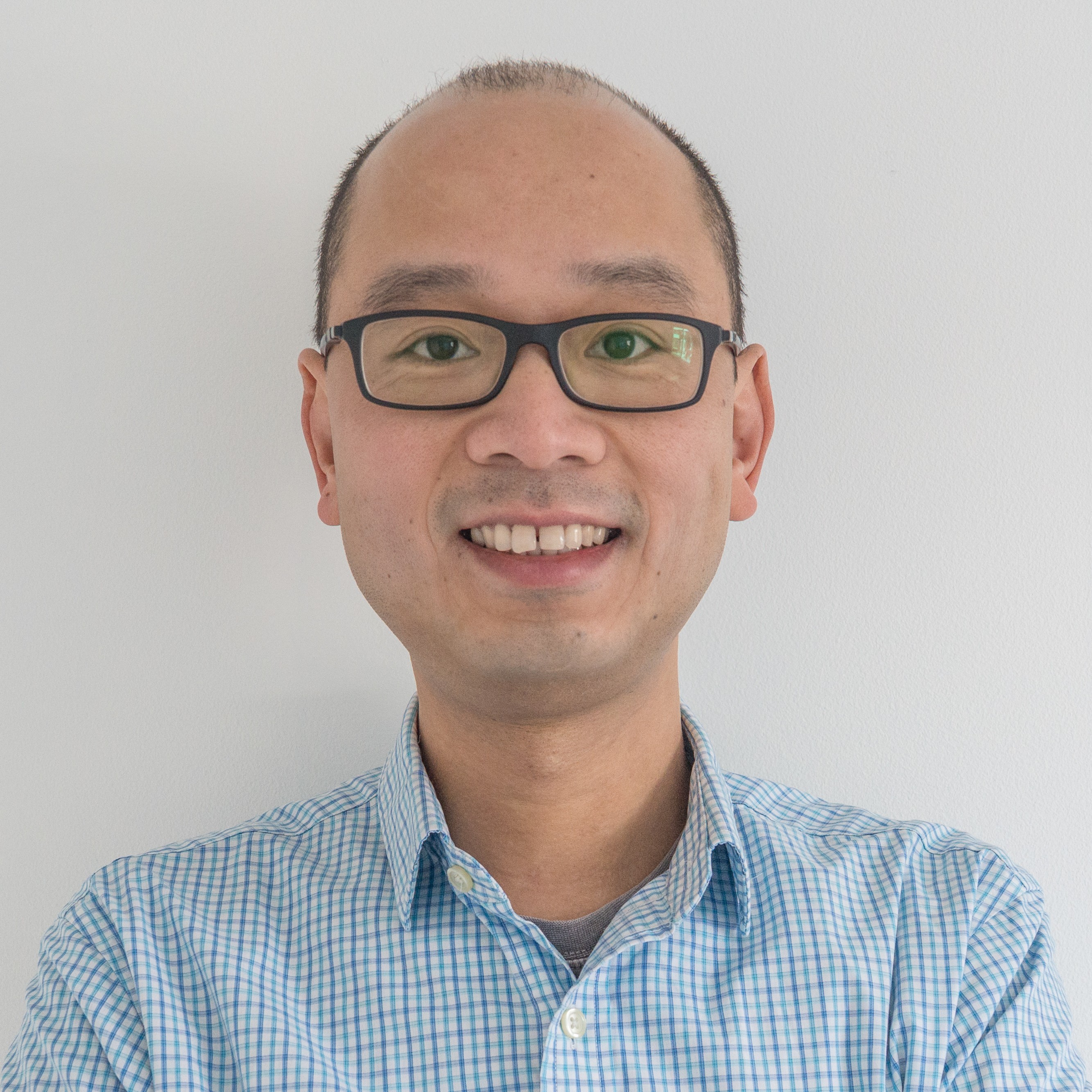
Professor John Tsang | Independent
John Tsang is a systems immunologist, computational biologist, and engineer. He is the Anthony N. Brady Professor of Immunobiology and Biomedical Engineering at Yale University, a Chan Zuckerberg Biohub Investigator and the Yale lead of CZ Biohub New York, and the Founding Director of the Yale Center for Systems and Engineering Immunology (CSEI). The CSEI serves as a home and cross-departmental center of research for systems, quantitative, and synthetic immunology at Yale University. Dr. Tsang earned his PhD in biophysics and systems biology from Harvard University as an NSERC Postgraduate Scholar, and has Master of Mathematics (MMath) and Bachelor of Applied Science (BASc) degrees in computer science and computer engineering from the University of Waterloo, Canada.
Dr. Tsang's research group investigates the molecular and cellular underpinnings of human immune variations in health and disease: why immune system states and responses to perturbations (e.g., to vaccines, viral infections, and diseases) are highly variable across individuals in the human population. Their approach involves the development and application of machine learning, quantitative modeling, and experimental methods, including high-dimensional, longitudinal immune monitoring of human cohorts throughout the lifespan and around the globe, ex vivo experiments, and animal models.
As a scientific conceiver and the Yale lead of CZ Biohub NY, Dr. Tsang is interested in developing a predictive immune cell engineering toolkit to program immune cells as sensors of tissue statuses (e.g., early detection of pre-clinical disease and inflammation). Towards achieving this vision, he and his colleagues are working on quantitatively dissecting the mechanisms and design principles of tissue-blood communications and immune cell trafficking, including cell-cell interaction and signal integration by immune cells in tissues.
He has won multiple awards for his research, including NIH/NIAID Merit Awards recognizing his scientific leadership in systems immunology, COVID-19, and human immunology research. His work on mapping human immune variations and predicting vaccination responses was selected as a Top NIAID Research Advance of 2014. Dr. Tsang has served as an advisor on systems immunology and computational biology for numerous programs and organizations, including the Allen Institute, World Allergy Organization, National Cancer Institute, National Institute of Allergy and Infectious Diseases, National Institute of Diabetes and Digestive and Kidney Diseases, and the Fred Hutchinson Cancer Center. He currently serves on the Editorial Board of PLOS Biology and the Scientific Advisory Board of NIAID ImmPort, the NIAID Influenza IMPRINT Program, the NIH Common Fund Cellular Senescence Network (SenNet), Vaccine and Immunology Statistical Center of the Gates Foundation, the Human Immunome Project, ImmunoScape Inc., and CytoReason Ltd. He has lectured at many meetings and academic institutions and was lead organizer of major scientific conferences, including Keystone and Cold Spring Harbor Laboratory meetings on systems and engineering immunology.
Prior to joining Yale, Dr. Tsang was a tenured Senior Investigator in the National Institutes of Health's Intramural Research Program and led a laboratory focusing on systems and quantitative immunology at the National Institute of Allergy and Infectious Diseases (NIAID). He was the Co-Director of the Trans-NIH Center for Human Immunology (CHI) and led its research program in systems human immunology. He remains an Adjunct Investigator at NIAID.
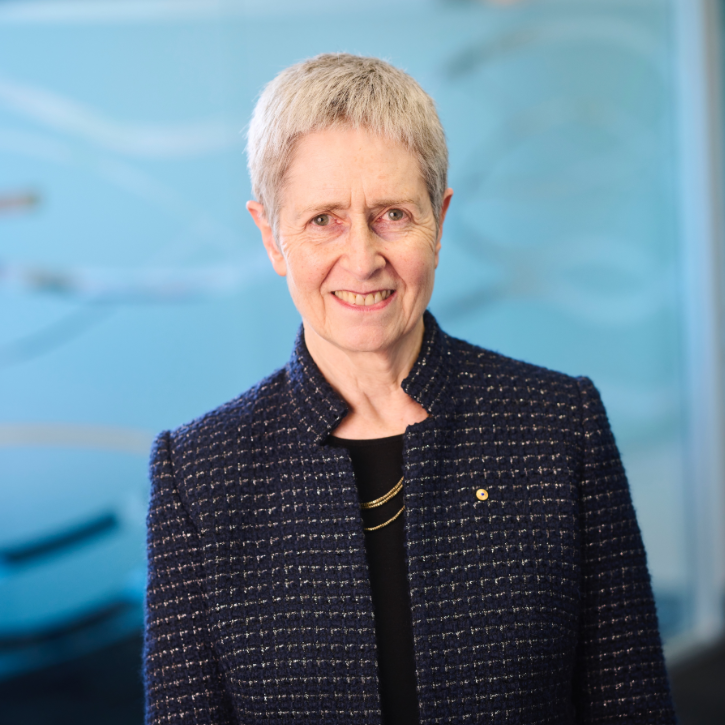
Professor Anne Kelso AO FAA FAHMS | Independent
Professor Anne Kelso was Chief Executive Officer of the National Health and Medical Research Council from 2015 to 2023. In this role, she oversaw the agency’s national research grant program, the updating of national codes of research ethics, development of health guidelines and the regulation of research using human embryos. She served ex officio on the Board of the International Human Frontier Science Program Organization, the Strategy Board of the Global Alliance for Chronic Diseases and a range of Australian Government committees.
In her earlier career, after completing her PhD at the University of Melbourne, Professor Kelso undertook research in immunology at the Swiss Institute for Experimental Cancer Research, WEHI, the Queensland Institute of Medical Research and the Doherty Institute, and held leadership roles as Director of the CRC for Vaccine Technology (2000-2006) and the WHO Collaborating Centre for Reference and Research on Influenza (2007-2015). She was elected a Fellow of the Australian Academy of Science and the Australian Academy of Health and Medical Sciences in 2018. In 2023, she was awarded an honorary doctorate in medical science by the University of Melbourne where she is an honorary professorial fellow.